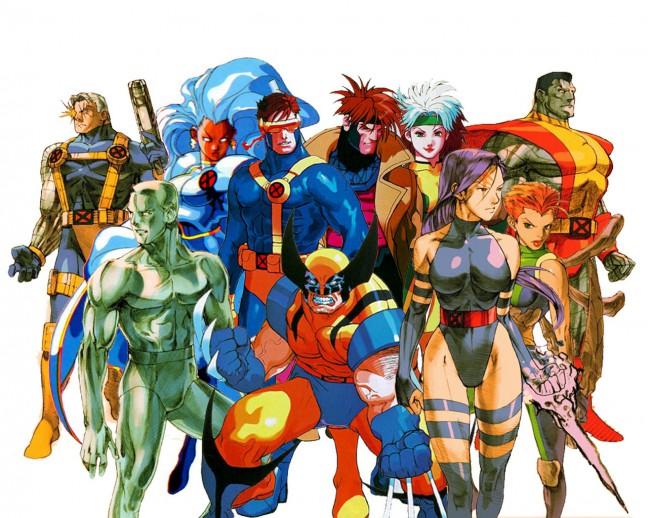It’s a bird! It’s a plane! No, it’s Ramzi Fawaz!
The University of Wisconsin English professor presented the work he has done on his latest project “The New Mutants: Comic Book Superheroes and Popular Fantasy in Postwar America,” to an audience in Madison Thursday evening.
Fawaz’s book analyzes comic book literature that emerged after World War II, and explores the effects of American superheroes on the public by representing racial, gender and sexual minorities.
The book is scheduled to hit the shelves in spring 2015 and will be published with New York University Press as part of their Post-Millennial Pop Series.
Fawaz teaches courses in queer theory and culture, American popular culture and feminist culture. Outside of campus, he has helped with the formation of the Sexual Politics/Sexual Poetics Collective, a group of first year queer theory scholars that study across the country.
Fawaz said he became interested in superheroes at a young age. Struggling to make it through adolescence as a “flamboyant youth,” he said he turned to the characters of the popular “X-Men” series. Fawaz said he identified with how the characters were aware of their differences but still felt accepted because of their superhero family.
In the 1950s, comic books were seen as a symbol of juvenile delinquency and were not taken seriously as a form of literature, he said. As the 60s approached, comic books revamped their identity to become more of a cultural resource.
They sought to become more involved with current politics in an effort to spread messages of equality. Around this time, famous works of literature such as “On the Road” and “Revolutionary Road” came onto the scene. These critiques of middle class highlighted the fracturing of families because of the pressure of societal norms.
Fawaz said the comic series “The Fantastic Four” helped shatter the typical family images by inserting common house items like pin-cushions and mops into the hands of their heroes.
He said “The Fantastic Four” helped provoke thought by depicting body vulnerability and showing four white, upper-class individuals as the minority. The characters assisted society in seeing differences as something to celebrate.
Comic books are currently seen as valid pieces of literature and are studied on college campuses across the nation, Fawaz said. He added that students are beginning to look more deeply into the works of the great Marvel writers. Fawaz even suggested that the creator of Spider-Man, Stan Lee, is this generation’s Homer.


